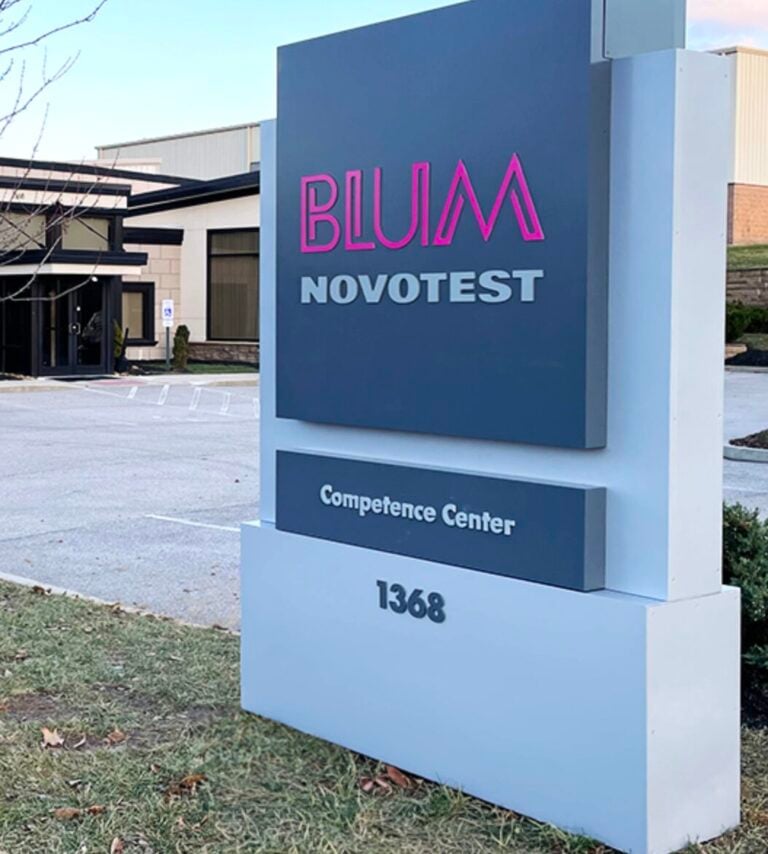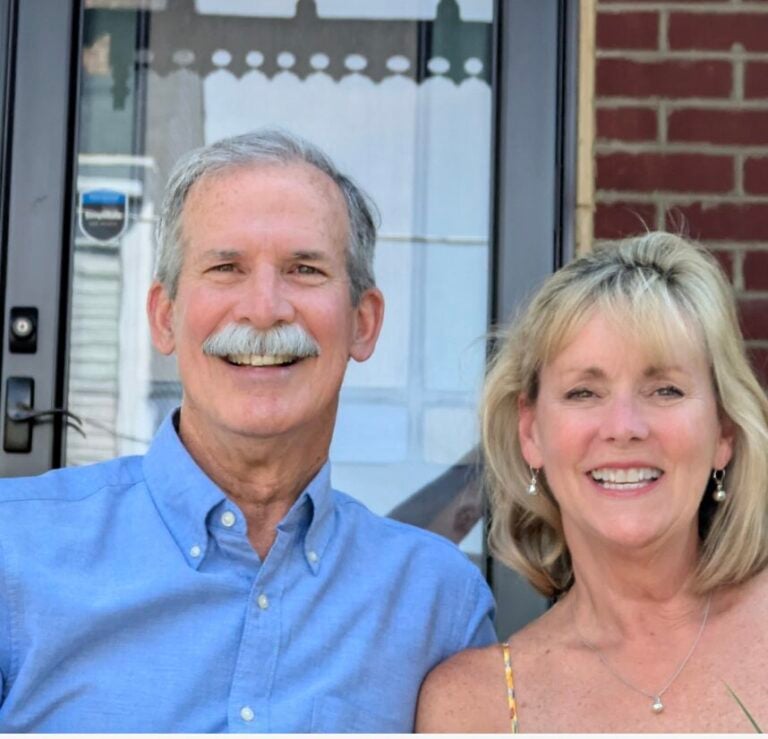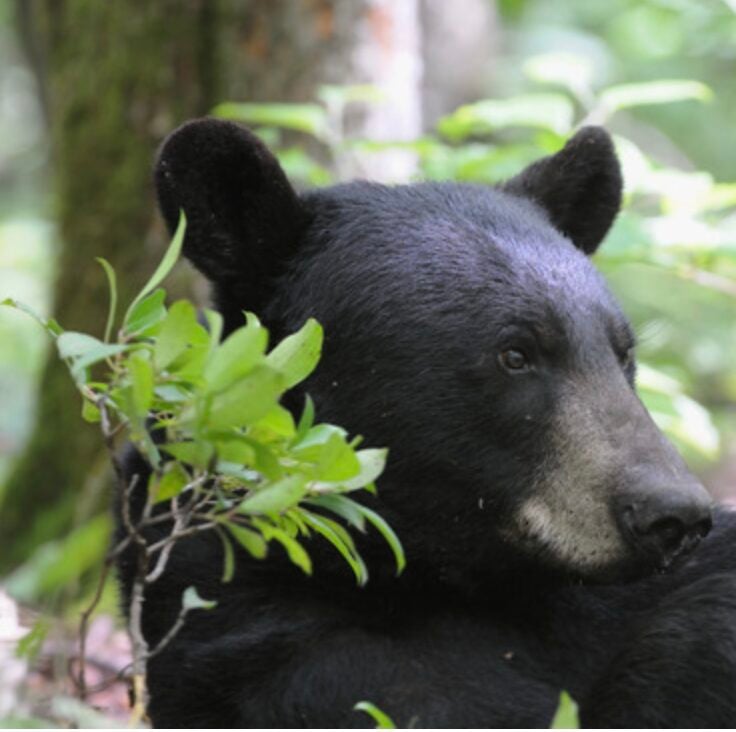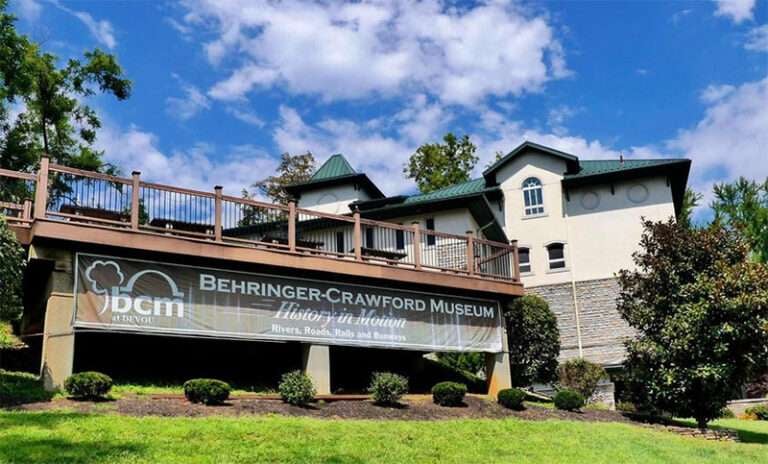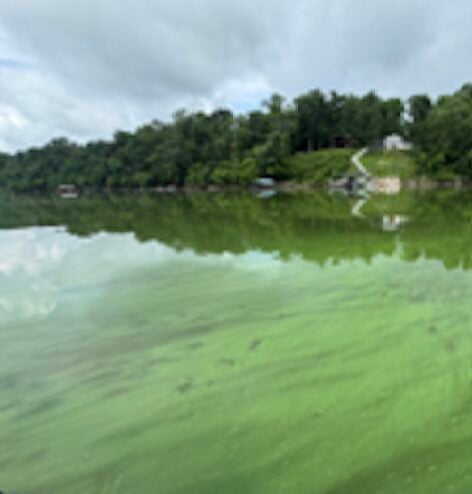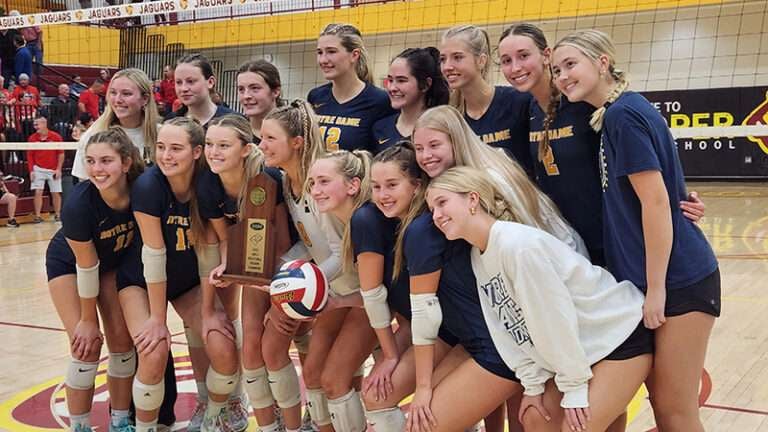Part 33 in the series, ‘Resilience and Renaissance: Newport, Kentucky, 1795-2020’
By Edward Ziegler
Special to NKyTribune
Whether it’s Veteran’s Day, Memorial Day, or even the Fourth of July, whatever else I’m doing I end up thinking about my uncle Vincent Steil, a young soldier killed during World War II.
During this 75 anniversary year of the end of World War II, I also find myself thinking a lot about his parents, my grandparents, Alvin and Ethel Steil, who both, I think, became veterans of sorts after his death. Vincent was 19 when he joined the army. Like so many others, he was just a boy. He volunteered and became a motorcycle scout in the 38 Cavalry Reconnaissance Squadron, part of the 102 Cavalry Group, attached to V Corps, 1st Army. My mother Rita was his older sister by three years, and my aunt Mary Lou, who idolized him, was his younger sister by eleven years. I think my mother always felt a bit jealous, believing Vincent was treated as the family favorite.

After training for two years in Kansas and Texas, Vincent boarded the Queen Mary at New York Harbor and left for England in November 1943. His squad disembarked in Scotland near Glasgow, boarded a train south and then spent the months before D-Day in motorized training maneuvers in southern England. He was part of the D-day invasion, his cavalry squad landing at Omaha Beach in the afternoon where his squad joined the 1st Army’s battle line then moving inland to secure the Normandy beachhead.
His orders as a motorcycle scout generally were straightforward and fairly simple. He rode his motorcycle along the front lines until he engaged and took fire from the enemy and then attempted to assess the enemy’s position and strength. He would usually end up in the thick of the front-lines during those first weeks of hedgerow fighting in Normandy. In late July he suffered serious wounds from small-arms-fire to his right hand and arm in the battle to take St. Lo. He received a purple heart and was put in for a silver star for volunteering to find and rescue two missing soldiers near St. Lo. He never lived long enough to wear that star.

He was sent back to recover at a hospital in London. A few weeks later, still in the London hospital, he was interviewed for a BBC radio broadcast back to the States. The broadcast was carried live by the Crosley Broadcasting Co.’s local WLW radio station and my grandparents, Alvin and Ethel, and Vincent’s sisters, my mom Rita and Mary Lou listened in that evening.
The interview lasted just about five minutes, ending with Vincent saying how much he missed home and how much he looked forward to going fishing real soon with his dad again. He closed by saying goodbye to all the folks back in Kentucky. That was the last time they ever heard his voice while he was alive. Shortly thereafter, Crosley Broadcasting sent my grandparents a record of that evening’s broadcast interview with Vincent. Growing up I would heard that record played many times in her house.
After recovering from his wounds, Vincent was sent from London back to his old 38th Cavalry Squadron, 1st Army in December. He arrived just in time for the Battle of the Ardennes. He survived the defense of Monschau in the northern Ardennes where his squad and two army engineer companies held the line for three days and nights in loosely spaced fox holes on Mutzenich Hill against the desperate attacks of the German 6th Panzer Army.

The fighting was some of the worst of the war with repeated attacks and counter-attacks, much of it hand-to-hand combat involving night drops of a battalion of German paratroopers directly on their positon. He survived but it was a seriously bloody battle for his unit. His 38th cavalry squad later received a Presidential Distinguished Unit citation for its “extraordinary heroism” and “grim determination” in holding the line in the Ardennes at Monschau. It’s still considered one of the more valorous stands of the US Army.
Vincent’s letters home to Kentucky after the fighting in the Ardennes turned dark. They alluded to the horrors he had witnessed. One letter mentioned the killing of prisoners. Only two months later on March 7 in the push toward the Rhine River, Vincent was killed by machine-gun fire while on patrol near the small German town of Altenahr, just 30 miles from the Rhine River. He was killed in what his CO referred to as scattered “delaying action” by the Germans.
The next day, US forces captured the bridge at Remagen allowing US and Allied forces to pour into the Rhineland. World War II in Western Europe was by then almost over. As it turned out, Vincent’s squad was relieved from front line duty in April. He was one of the last soldiers killed in the 38th Cavalry Reconnaissance Squad. The squad was by then known as the “Lucky 38th.”

My grandparents Alvin and Ethel, as you would expect, were devastated by news of Vincent’s death in Germany. My mother told me much later that they never really stopped mourning his loss. The story here has a sad but brief afterward.
Two weeks after they had been notified of Vincent’s death, a large flower arrangement of red gladiolas arrived at their home addressed to Alvin and Ethel for their 25 wedding anniversary. The card said the flowers had been sent from Europe by their son Vincent. This gave them hope that somehow he was still alive. About two weeks later, of course, they learned that Vincent had arranged to send the flowers before he was killed in action. Their mourning then started anew.
Another twist to this story is that he left his Army life insurance to a girl in California who no one in Kentucky had ever known. There is a lot of speculation about that but it’s still a mystery.
Both Alvin and Ethel were already somewhat hardened by having lived through cancer deaths in their families at an early age and then family deaths during the influenza epidemic of 1918. As young adults they struggled with their children through the great depression, both my parents dropping out of high school to work, and then they experienced the troubles and loss of World War II. By the time I came to know them as a child in the 1950’s both my grandparents seemed pretty tough cookies. Unlike my parents, Alvin and Ethel were not warm and embracing grandparents.

My grandparents lived in the Newport neighborhood known as Cote Brilliante (French for “Shining Hill”) at 1168 Park Avenue, an older suburb set off by itself among leafy green hills and woods with a limestone creek winding through backyard meadows. The yards were often filled with large backyard gardens, and the meadows with walking paths, scattered roses and honeysuckle hedges and spotted batches of yellow and orange daylilies. Both my parents had grown up in that neighborhood and I would visit my grandparents on both sides of the family for days at a time especially in summer.
I was 11 years old when my grandfather died of heart attack. After his death, I sometimes would stay a few days with Grandma Ethel to keep her company. We even slept in the same bed. She was never what you would call happy or upbeat. In fact, I have no memory at all of her ever laughing and sometimes she talked about Vincent as if it all had happened just yesterday. I would sometimes find my grandmother Ethel in the little sewing room in their small cottage staring out the window listening to the record of that BBC London radio interview with her son Vince. Some days she never said a word. With a gold star still in her window, she later became very active in the national Gold Star Mothers. In 1960 John F. Kennedy made a presidential campaign stop at her home in Newport and that made the papers. I still have a picture with him at my grandparents’ house and there is now a news video of that visit posted on youtube. Grandma Ethel lived another 30 years, a woman grieving alone.

My grandfather Alvin would occasionally spend time with me and my older brother Vince (he was my uncle Vince’s namesake) when we were little boys, taking us on drives in his car. Sometimes we would stop at the nearby bar Ferrell’s Saloon for drinks and snacks; sometimes we’d just go fishing. My memory is that he seemed distant and sad. He was a tough man, a boxer in his youth, a boxing manager later in life, a machinist by trade, and a strong union man. Somehow he had lost his left thumb. He was just 59 when he died.
Here’s a story about my grandpa Alvin I never shared with Ethel. When I was about 9 years old, not long before Alvin died, I found a large old beech tree on a hill very near their home with the initials VS carved deep in the tree at about eye-level to me. The tree seemed ancient. It was at least four or five feet across. I told my Grandpa and he asked me to show him the tree. We crossed the creek and climbed the hill and when we found the tree, he placed his hands on his son’s initials etched deeply in the bark and slowly moved his fingers over the letters again and again. Tears came to his eyes, and sliding to his knees with his arms hugging that tree, he cried hard and openly. It scared me a little, I think, to see him crying. He told me to go back to the house, which I did, and he followed later. Neither of us ever mentioned that beech tree or what had happened. Shortly after that, he gave me Vincent’s war ribbons and a few of his other army things, including Vincent’s actual (and very cool) 38th Cavalry Army cap. Perhaps he was finally letting it all go. I wish I still had that cap.

I was too young at the time to understand what had been happening with my grandparents. Looking back, I gather from others that Vincent’s death did harm their marriage. Perhaps they turned inward and never turned back, living now in increasingly separate worlds. Their sorrow and indifference clearly were hard felt by my mother Rita and especially by her much younger sister Mary Lou. All survivors, I’ve learned, can be damaged veterans and that damage may last a lifetime. On the bright side, though now departed, my mother Rita and my aunt Mary Lou turned out to be wonderful mothers of two broods of children. They were very much loved in their second lifetime.
In the sixty years that have now gone by, I’ve lost or mislaid just about everything my grandparents gave me. I still have Alvin’s machinists’ union ring with the centered red stone, though, and I’ll probably pass the ring along to my son Adam who never knew my grandfather Alvin. I also have some old pictures, of all of them, grandparents Alvin and Ethel, Rita my mom, my aunt Mary Lou, and, of course, my uncle Vince. I’ll pass those along too, though my son won’t really know them as family. In just two generations almost all memory of that family seems lost.
There’s another afterword to this story. In 2007, the city of Newport declared the entire southern part of the Cote Brilliante neighborhood a “blighted area.” This entire leafy green valley that was once home to both my grandparents’ families, the only world and home my uncle Vincent ever knew, was bulldozed and cleared for a mega commercial shopping plaza known as The Pavilions. The houses were torn down, the hills leveled, the woods cleared, the meadows and creek covered over. Gone now are their houses, St. Francis de Sales Church and School, their playgrounds and park, and ball fields, the backyard gardens and meadows, the neighborhood Phipps Grocery store and even Ferrell’s Saloon. All were replaced by a long string of huge concrete parking lots fronting an array of large and small plaza stores. I can’t even begin to try to guess where that giant old beech tree once stood with Vince’s initials carved into it. There is a small concrete war memorial now that has been erected just outside the Chesapeake Ave. entrance to the shopping plaza that has a plaque with the names of boys from the Cote Brilliante neighborhood killed in World War ll. My Uncle Vincent’s name is on that plaque.

When I visited Newport over the years I’d sometimes walk the Cote Brilliante neighborhood on Park Avenue and near my grandparents’ house, that was ever so slowly falling down, I’d stop and look across the small valley and creek of their backyard to see if that big beech tree on the hill was still standing. It was always still there, along with the memories. All things considered, the new monument at the shopping plaza entrance seems well and good but, to me, not a real substitute for that ancient beech tree across the creek from their home.
Sometimes I wonder what my uncle Vince might think if he could return today and see the world that he left behind all those years ago. His old Cote Brilliante neighborhood, now transformed and gone forever, everything ploughed under concrete. Don’t get me wrong. I understand the City’s decision and I’ve shopped at those stores. Perhaps he didn’t fight in WW II just to save that neighborhood, though it was the only world and home that he ever knew. They say our country’s soldiers die for causes bigger than themselves, bigger than even their families, homes, or neighborhoods. Perhaps he did. But having played in that neighborhood as a child, it seemed to me like paradise, and I can’t help feeling that he somehow shares my disappointment today.

A few years ago I visited the American cemetery at Normandy and gathered a few pebbles from the beach to place on Vincent’s grave back home. It’s still free soil there and I thought he deserved a bit of what he fought for. I’m traveling back to Kentucky to do just that on Veterans’ Day this year, I’ve also finally decided to do something that I’ve always wanted to do, especially in these last years of my life. As a late celebration of my grandparents’ wedding anniversary, I’m sending three large red gladiola flower arrangements to the cemetery for Alvin and Ethel and their son Vincent. Red Gladiolas, for great love, for each of them. God bless them and may they all rest in peace together.
The author Edward Ziegler is a native of Newport, Kentucky and Newport Catholic’s first high school All-American football player. He is now retired as Professor of Law and holder of the Robert B. Yegge Memorial Research Chair in Law at the University of Denver Sturm College of Law. Online edwardziegler.com
We want to learn more about the history of your business, church, school, or organization in our region (Cincinnati, Northern Kentucky, and along the Ohio River). If you would like to share your rich history with others, please contact the editor of “Our Rich History,” Paul A. Tenkotte, at tenkottep@nku.edu. Paul A. Tenkotte, PhD is Professor of History at Northern Kentucky University (NKU) and the author of many books and articles.







